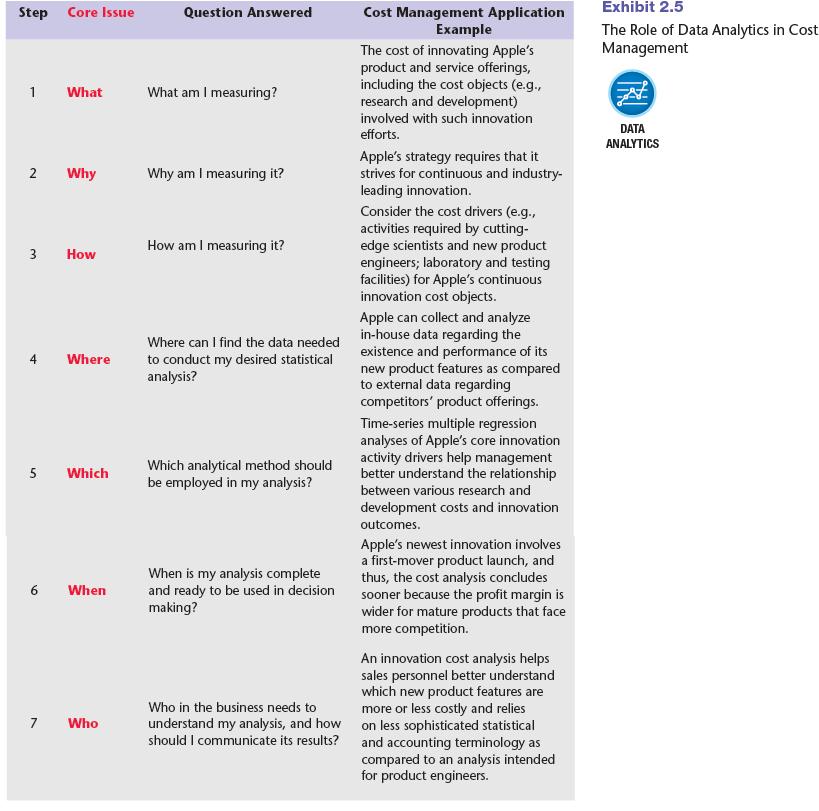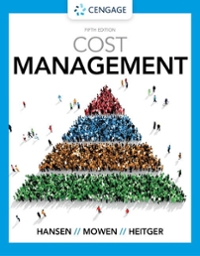Whitaker Company produces two models of blenders for restaurants: the Super Model (priced at $1,600) and the
Question:
Whitaker Company produces two models of blenders for restaurants: the “Super Model” (priced at $1,600) and the “Special Model” (priced at $800). Recently, Whitaker has been losing market share with its Special Model because of competitors offering blenders with the same quality and features but at a lower price. A careful market study revealed that if Whitaker could reduce the price of its Special Model to $750, it would regain its former share of the market. Management, however, is convinced that any price reduction must be accompanied by a cost reduction of the same amount so that per-unit profitability is not affected. James Davis, company controller, has indicated that poor overhead costing assignments may be distorting management’s view of each product’s cost and, therefore, the ability to know how to set selling prices. James has identified the following overhead activities: machining, inspection, and rework. The three activities, their costs, and practical capacities are as follows.

The consumption patterns of the two products are as follows:

Whitaker assigns overhead costs to the two products using a plantwide rate based on machine hours.
Required:
1. Calculate the unit overhead cost of the Special Model using machine hours to assign overhead costs. Now, repeat the calculation using ABC to assign overhead costs. Did improving the accuracy of cost assignments solve Whitaker’s competitive problem? What did it reveal?
2. Now, assume that in addition to improving the accuracy of cost assignments, James observes that defective supplier components are the root cause of both the inspection and rework activities. Suppose further that Whitaker has found a new supplier that provides higher-quality components such that inspection and rework costs are reduced by 60 percent. Now, calculate the cost of the Special Model (assuming that inspection and rework times are also reduced by 60 percent) using ABC. The relative consumption patterns also remain the same. Comment on the difference between ABC and ABM.
3. In Requirements 1 and 2, identify which of the data analytic types apply (descriptive, diagnostic, predictive, and prescriptive).
Exhibits 2.5

Step by Step Answer:

Cost Management
ISBN: 978-0357141090
5th Edition
Authors: Don R Hansen, Maryanne M Mowen, Dan L Heitger





